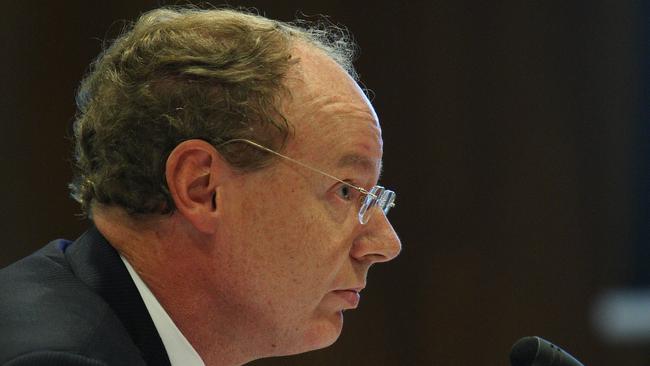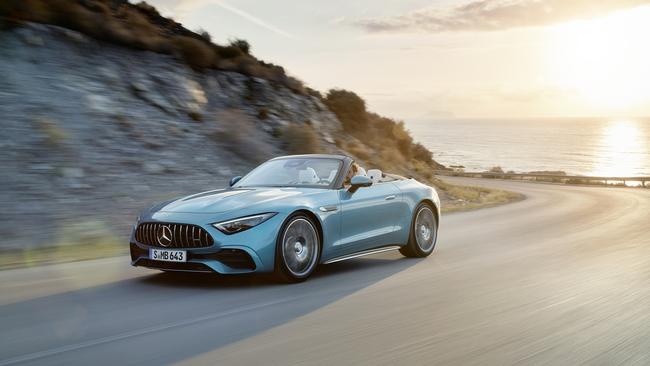The $650m courtroom battle between Mercedes-Benz and dealers has begun hearing closing arguments
The Federal Court has begun hearing closing arguments in the $650m lawsuit against German car giant Mercedes-Benz by its Australian dealers.
Mercedes Benz engaged in an “unconscionable taking of property”, the Federal Court has been told.
Closing arguments have begun in the blockbuster $650m lawsuit between German car giant Mercedes-Benz and 38 of its Australian dealers.
Lawyers for both sides will this week deliver their final summations before Federal Court Judge Jonathan Beach.
On Wednesday Tim Castle SC, appearing for the dealers, said they invested in their businesses and built up goodwill but that customer equity was snatched away by the carmaker when its business model was changed.
Mr Castle said that when Mercedes-Benz couldn’t get the dealers’ consent to change to an agency model, it issued non-renewal notices at the behest of Mercedes-Benz’s headquarters in Stuttgart, Germany.

“We say that was not done in good faith. We said it was done at Stuttgart’s direction … and we say fundamentally there’s a lack of fidelity to the bargaining,” Mr Castle said.
He told the court the entire process, from the non-renewal notices sent to dealers, to the lack of negotiation, so-called mediation and ultimately threats issued, were in breach of Australian consumer law.
“We say the end result was an unconscionable taking of property. We still run the businesses but it’s now Mercedes-Benz that profits from it, and the evidence shows they took a calculated risk.
“They believed in the philosophy ‘Because we can’ and that really implied that the franchise laws in Australia were too weak to stop this sort of behaviour, which indeed involved them breaking their bargain and taking our property.”
The court battle between Mercedes-Benz and the car dealers was triggered when the carmaker moved to a new agency model that commenced this year, whereby dealers no longer purchased cars from Mercedes-Benz to resell to consumers.

Instead, Mercedes-Benz retained ownership of the vehicles, which the dealer was to sell for a fixed price in exchange for a commission.
The car dealers claim their businesses will be greatly damaged by the new model and that they weren’t properly consulted over the new sales model nor adequately compensated.
Earlier in the case, counsel for Mercedes-Benz told the Federal Court that Mercedes-Benz Australia worked with its network of local dealers to create a new sales model that would answer the challenge of the changing retail world brought about by the online sales channel, as well as other disruptive forces that directly threatened their profits.
Mercedes-Benz bosses feared digital disrupters, such as online car sales sites, as well shifting trends in the retail sector and consumer tastes could destroy the profitability of its dealers, and this drove it to introduce a new sales model in Australia, Mercedes’ counsel said.
During closing arguments on Wednesday, Justice Beach questioned Mr Castle whether dealers had made their case on the issue of goodwill and how the goodwill could be valued or impacted by the shift to the agency model.
The case is expected to end on Friday.








To join the conversation, please log in. Don't have an account? Register
Join the conversation, you are commenting as Logout